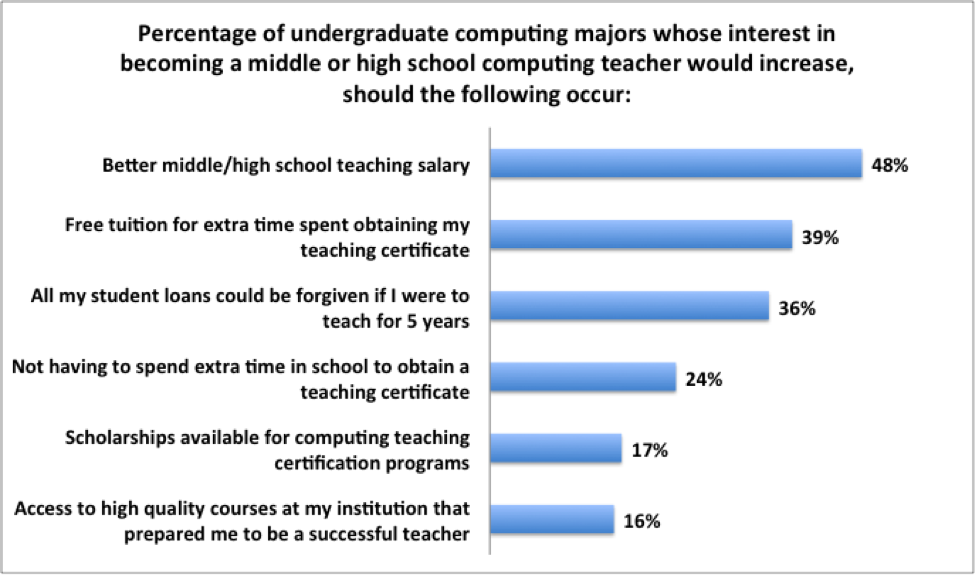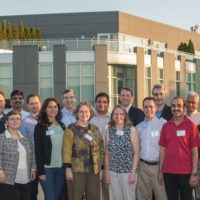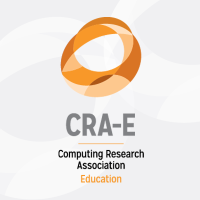CRA Executive Director Speaks at White House Summit on Computer Science for All
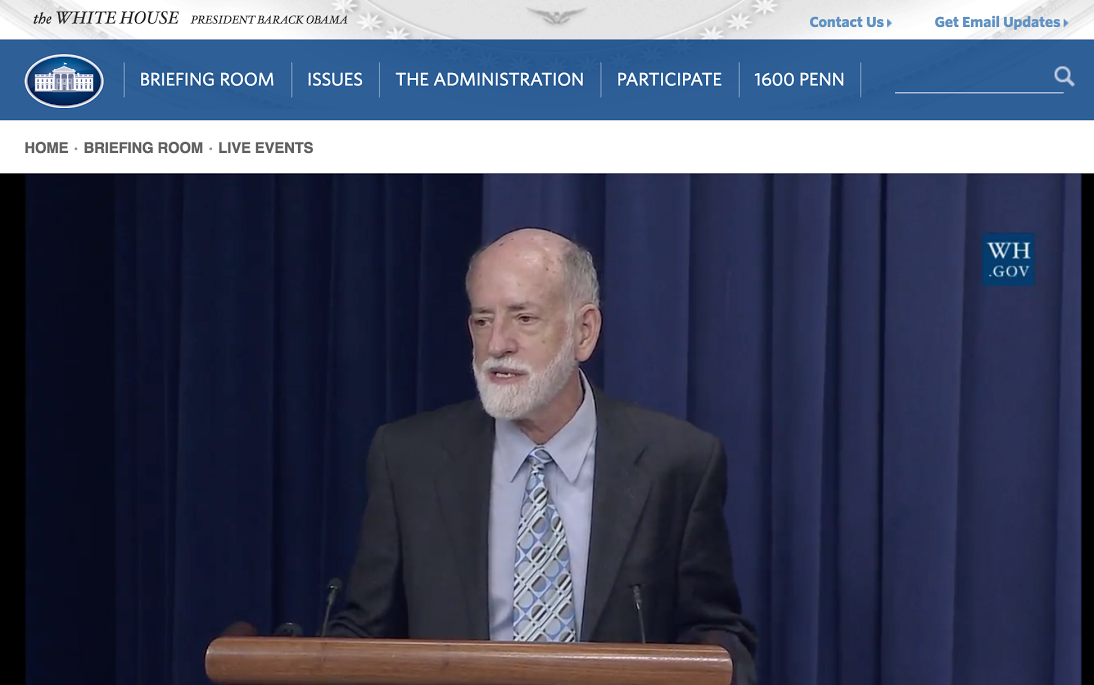
On September 14, CRA executive director, Andrew Bernat was a speaker at the White House Summit on Computer Science for All. The audience heard from students and leaders of CS education efforts as part of the CS for All initiative. The initiative aims to ensure CS education is available to all K-12 students across the U.S.
Bernat expressed his excitement about the incredible success of the initiative and explained CRA’s commitment to strengthening the computing research community by supporting the development of strong, diverse talent. He announced that more than 75 university and college computing departments from across the country have agreed, on behalf of their departments, to support the goals of the CS for All initiative through a variety of concrete actions. And Bernat said he is confident many more will sign up. CRA member institutions’ support will include faculty expertise and effort, the development of innovative computing education products, and teacher development.
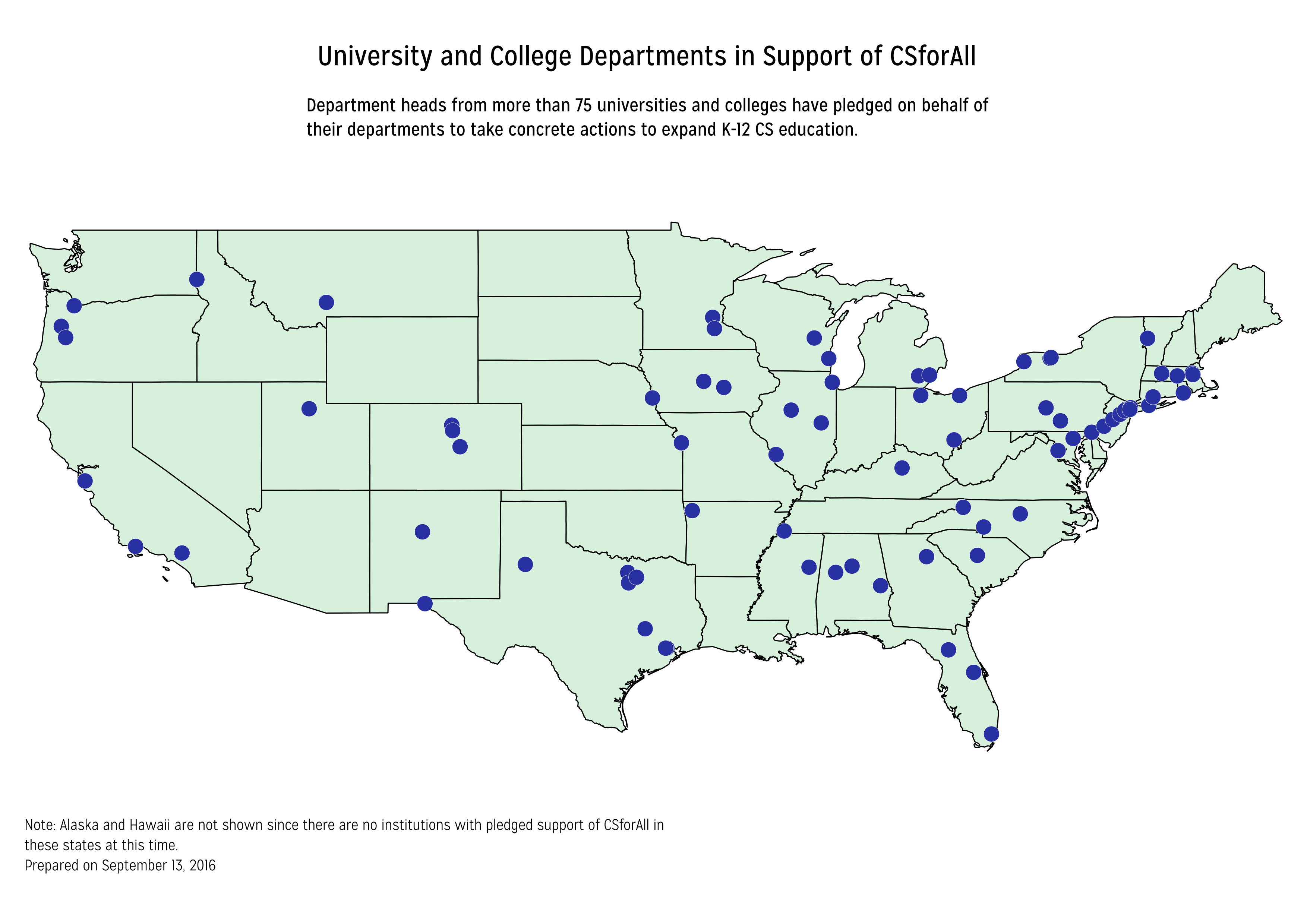
Map created by Burçin Tamer, CERP research scientist.
During his talk, Bernat also expressed his deep appreciation for K-12 teachers, sharing that he once considered becoming one. He and other speakers acknowledged that more K-12 teachers are needed in order to inspire and educate the next generation of computing researchers. A recent infographic from the CRA’s Center for Evaluating the Research Pipeline (CERP) indicates greater financial incentive would increase undergraduate computing majors’ interest in becoming middle and high school computing teachers (see figure below).
The White House summit showcased widespread efforts and enthusiasm to enhance computer science education at the K-12 level. The results of CERP’s research point to actionable items universities and colleges can take to contribute K-12 teachers with expertise in computing, in order to address students’ growing interest in learning computer science.


